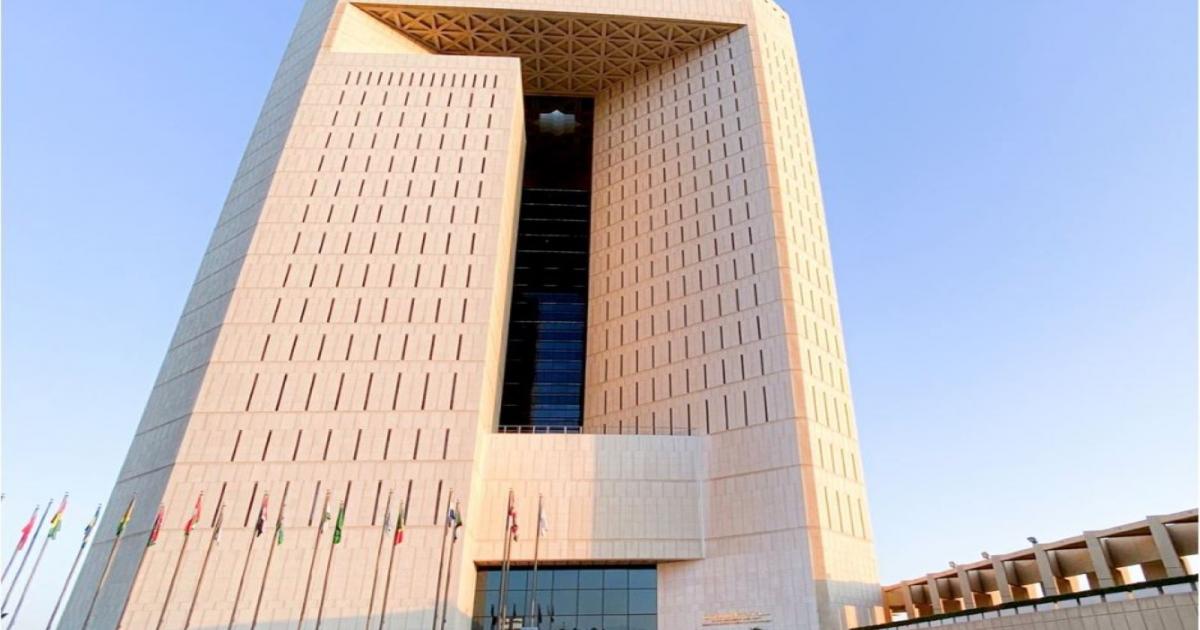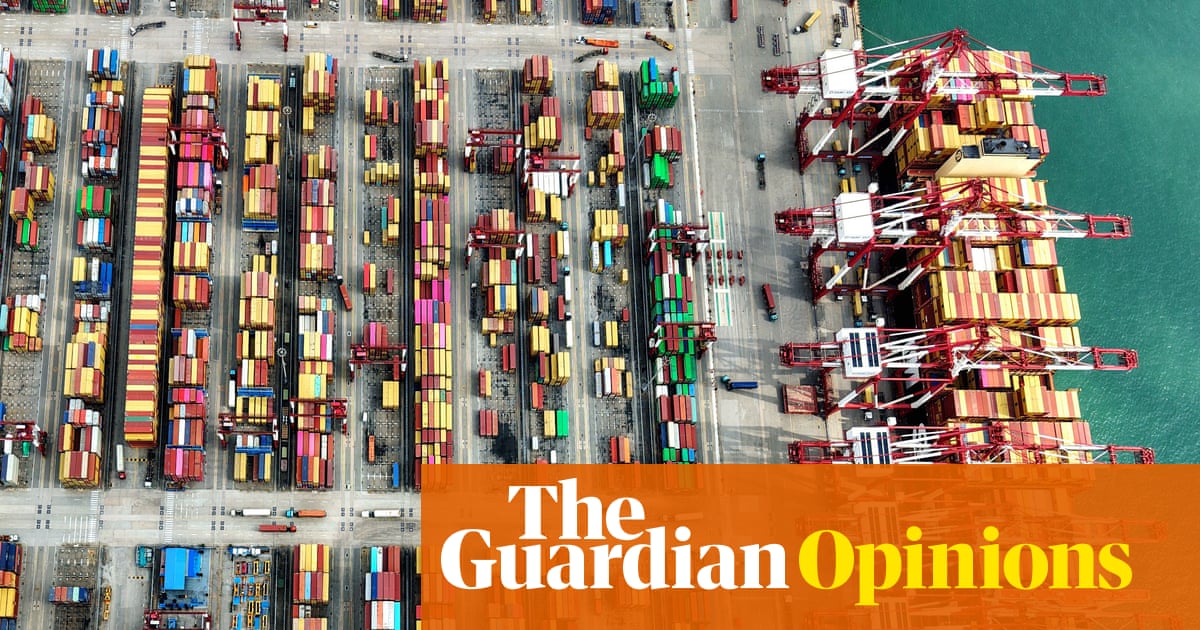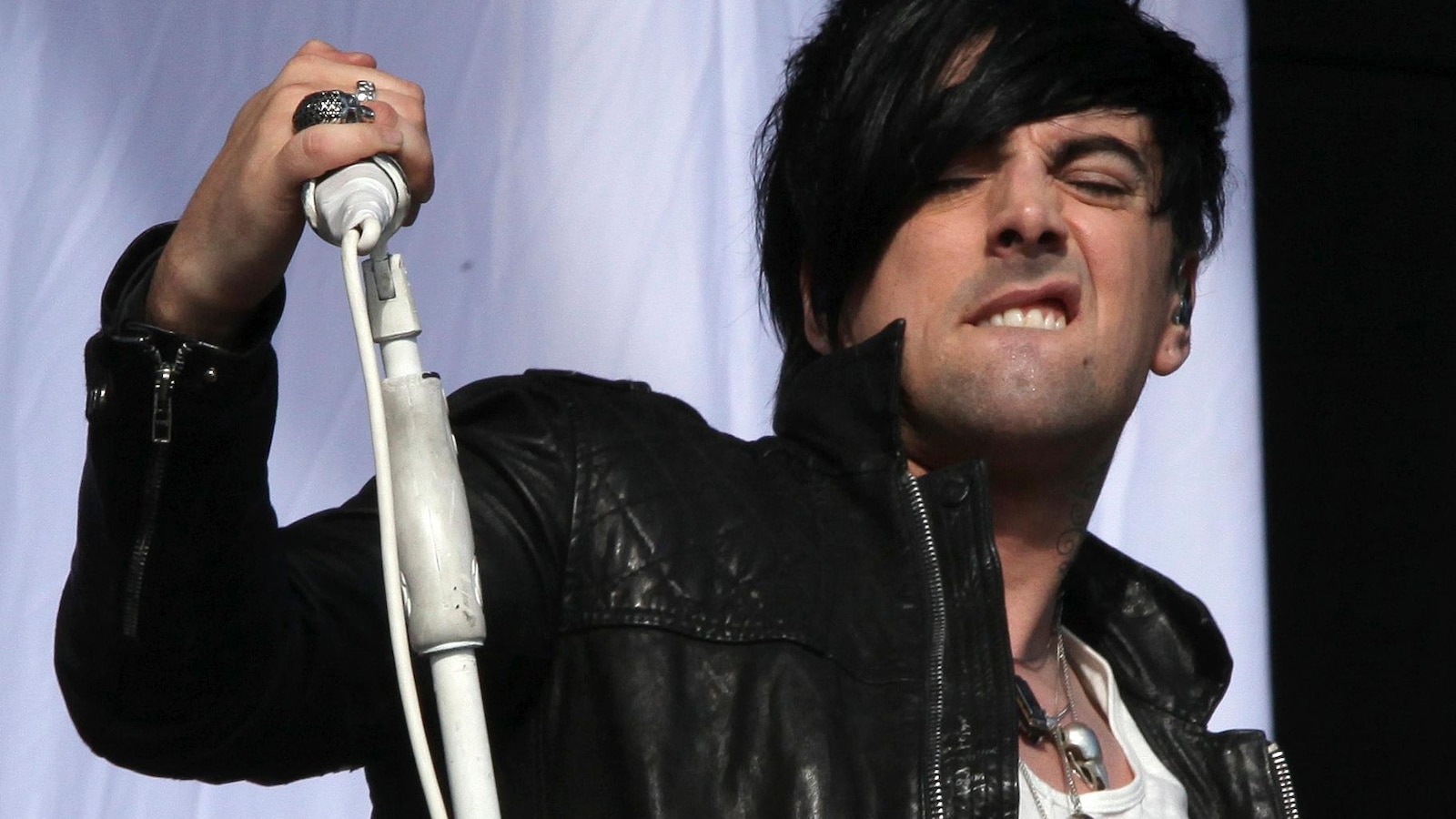8 October 2025 – The Islamic Development Bank (IsDB, the Bank) raised EUR 500 million through its latest Green benchmark Sukuk issuance under its enhanced 2025 Sustainable Finance Framework (the Framework).
The Bank, rated Aaa/AAA/AAA by S&P, Moody’s and Fitch (all with Stable Outlook) priced the 5-year Trust Certificates under its US$25 billion Trust Certificate Issuance Programme.
The Joint Lead Managers (JLMs) for this issuance were Barclays, BNP Paribas, Commerzbank, Crédit Agricole CIB, HSBC Bank plc, ING and Nomura.
The transaction is the Bank’s first EUR benchmark issuance this year. This followed its two other successful public USD benchmark transactions that raised a total of ~USD 3.5 billion from the global capital markets earlier this year. IsDB has now completed its 2025 funding program.
The latest Green Sukuk issuance, the Bank’s second overall, represents an important milestone for IsDB in the EUR markets, positioning the Bank as a future frequent EUR issuer.
The issuance witnessed a record-breaking orderbook– both in terms of both volume (5 times over subscription) and number of investors – reflecting the Bank’s very active investor outreach with EUR investors over the recent months and the robust market demand for AAA-rated paper in a challenging market environment. The Bank’s active investor engagement over the months culminated in a large increment of new investors participating in this issuance.
The proceeds of the EUR 500 million Green Sukuk issuance will be deployed to finance and re-finance (in whole or in part) eligible projects with environmental benefits under the ‘Green Project categories’ as defined in the Framework.
This is IsDB’s first Green Sukuk under the newly‑launched Framework that was published in July 2025 and supersedes the 2019 Framework. The enhanced Framework aligns with the latest editions of the ICMA Principles and Guidelines, including the 2025 Green Bond Principles, the 2025 Social Bond Principles and the 2021 Sustainability Bond Guidelines.
The Framework introduces more stringent eligibility criteria for green project categories and detailed criteria for social project categories. The Bank also added two new eligible categories in the Framework, namely (a) Climate Change Adaptation and (b) Food Security and Sustainable Food Systems, reinforcing their role in its overall operations strategy and reflecting the increasing project approvals in these sectors in recent years.
The enhanced Framework was reviewed independently by S&P Global, which then published a strong Second Party Opinion (SPO) whereby most of the project categories were assigned Medium Green and Dark Green shading. S&P also noted that there are no weaknesses in the Framework and that it is fully aligned with the ICMA Principles.
Execution Timeline
IsDB formally announced to the market, on Wednesday 24 September 2025, a fixed income mandate for the JLMs to arrange a series of virtual calls and physical meetings in UK, France and The Netherlands, with a potential new 5-year Green EUR Sukuk issuance to follow, subject to market conditions.
Throughout the week of 29September, the Bank met with a diverse range of investors, particularly focusing on ESG dedicated accounts. The Bank was also building upon the investor outreach that it had undertaken across Northern and Southern Europe in early September.
Despite a volatile backdrop, market conditions were supportive for IsDB to announce a EUR 500mn Will Not Grow (WNG) 5-year Green Sukuk transaction on Tuesday, 7 October. After gathering positive interest, the Bank officially opened the orderbook the next morning, on Wednesday, 8 October, with a guidance of EUR SOFR Mid Swap (MS) plus 47 basis (bps) area.
Investor demand quickly exceeded EUR 1.5 billion (bn), enabling the Bank to set the final spread at EUR SOFR MS plus 44 bps, i.e. three bps tighter from guidance. This translates to a profit rate of 2.793% for investors, payable on an annual basis and priced at par.
The momentum continued even with the tighter pricing and final orderbooks closed in excess of EUR 2.6bn (incl. EUR 225mn JLM), resulting in IsDB’s most oversubscribed trade ever as well as its largest EUR book on record.
The final distribution was very well diversified across investor types: Central Banks / Official Institutions / Sovereign Wealth Fund (42%); Asset Managers / Fund Managers (30%); Insurance and Pension Funds (22%); and Banks / Treasury (6%).
From a geographical point of view, Europe turned out with the largest share (53%), followed by MENA (27%), Asia (13%) and the UK (7%).
Dr. Zamir Iqbal, the Vice President (Finance) and CFO of IsDB, said: “The work on the Bank’s enhanced Sustainable Finance Framework reflects the Bank’s commitment to further scale up sustainable development in our Member Countries. The latest AAA-rated EUR Green Sukuk is a landmark achievement that showcases the Bank’s impact and capabilities. The strongest credential for the Bank is very strong interest of investors – we are grateful for their endorsement and confidence in the Bank’s mission and its sustainable finance framework.”
Mr. Mohammed Sharaf, the IsDB Treasurer and Mr. Zakky Bantan, the Manager of the Capital Markets Division added, “The most significant takeaway from this issuance is the influx of new investors. Extensive investor outreach, together with the robust Sustainable Finance Framework, made this possible. We highly appreciate all the support from investors. We look forward to build upon this success for future issuances when we return to the EUR markets next year.”
Jamie Stirling, the Global Head of SSA Debt Capital Markets at BNP Paribas concluded: “An impressive issuance by IsDB that underscores the growing appetite of European investors for high-quality AAA exposure in the region. Partnering with IsDB and the other lead managers, we assembled a broad, diversified investor base – many of them first-time Sukuk participants – demonstrating the confidence placed on IsDB Green Sukuk paper. Congratulations to all the team, a very well-deserved result.”
IsDB is a AAA-rated supranational and multilateral development financial institution with 57 Member Countries (MCs) and a mandate of delivering social and economic development with a focus on sustainability in its Member countries and Muslim communities worldwide. The Bank’s operations span across four continents, touching the lives of nearly 1 in 5 of the global population. Its mission is to equip people to drive their own economic and social progress at scale, putting the infrastructure in place and enabling them to fulfil their potential. The Bank’s targeted efforts across multiple continents foster an environment where the primary focus is on human development and well-being.









